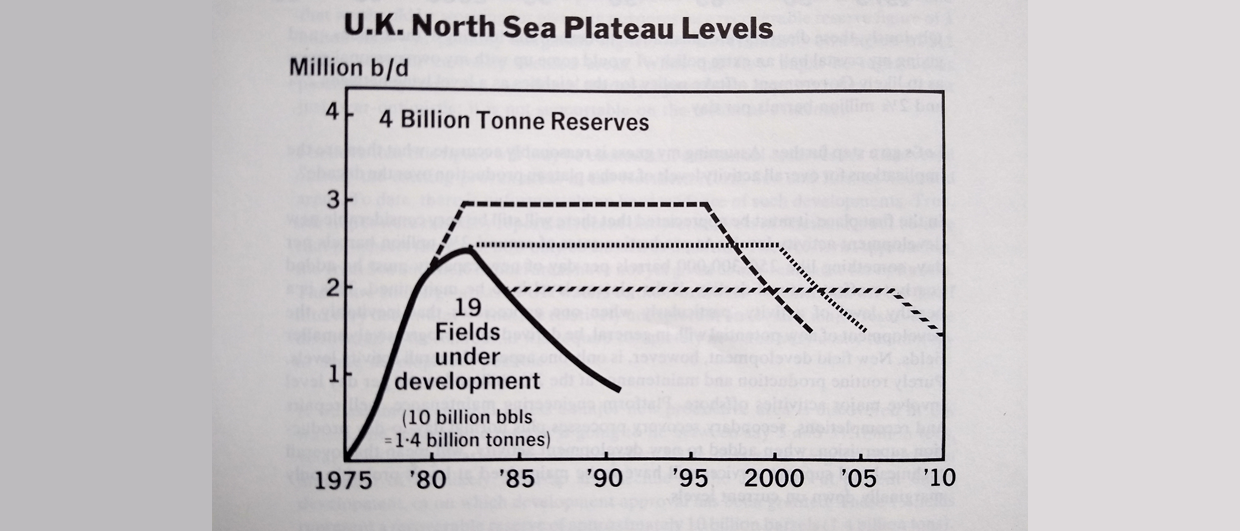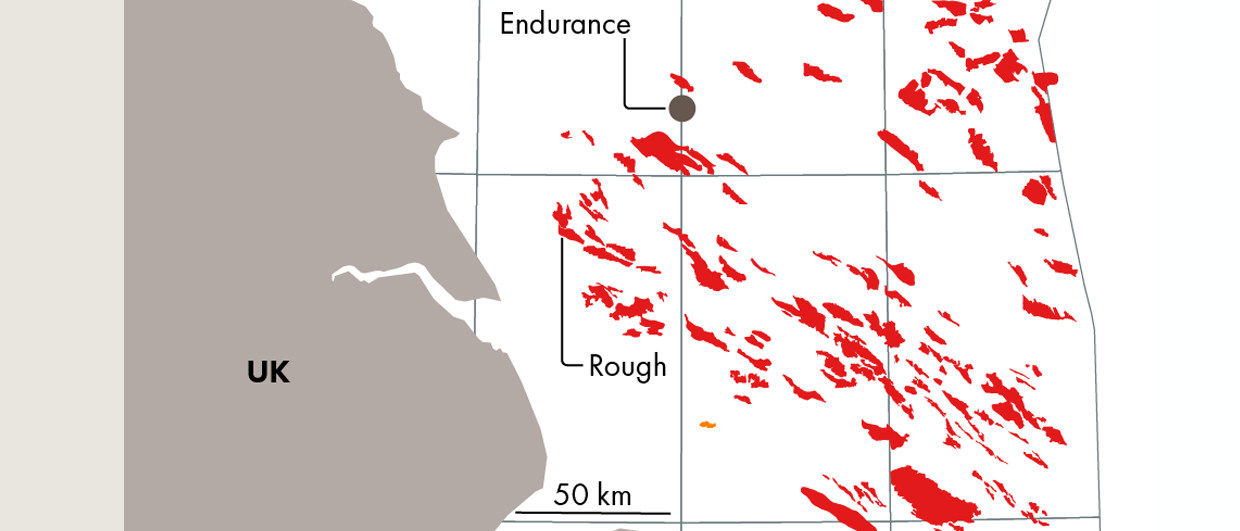“An endorsement from government is not enough, we have to make sure that public perception changes with regards to the role the oil and gas industry plays in society,” said Katy Heidenreich from Oil and Gas UK during yesterday’s seminar organised by the Geological Society.
The other two presenters at the event – Graham Goffey from Soliton Resources and Exploration Task Force member and Joanne Edgeler from the Oil and Gas Authority (OGA) – agreed with this statement. At the moment, it seems very much like the oil and gas sector is losing the PR battle.
That’s why the organisations they work for or form part of are very active in getting the message across that continued exploration and production is indeed scrutinised against a set of climate goals as set out in the North Sea Transition Deal.
This deal aims at realising 60 million tonnes of greenhouse gas emissions by 2030 (the annual UK CO2 emission is more than 400 million tonnes), secure investment into electrification projects and a plan to tackle methane release into the environment just to name a few.
In further support of these goals, the Exploration Task Force, a joint industry and regulatory organization comprising exploration leaders in the oil and gas and emerging carbon storage sectors, has very recently issued a report detailing the way how future CO2 injection sites can be further de-risked.
“The UK needs to explore and appraise (CO2 sites) urgently to ensure sufficient volume is proven to accommodate future injection rates of 22 million tonnes per year (Mtpa) by 2030 and 70 to 180 Mtpa by 2050 as set out in the UK 6th Carbon Budget,” the report concludes.
But more needs to be done
Against the backdrop of these initiatives and plans, there was still the overall feeling that way more needs to be done in order to reach the general public and get the more pragmatic but essential message out that oil and gas are part of the future energy mix, whilst supporting the transition away from it.
As Graham Goffey said: “We need to repeat the message again and again,” as the public mindset still seems to be aligned with a Gretta-style of thinking.
However, Katy Heidenreich added to this that “Our data suggest that the majority of the public is actually undecisive about the role of oil and gas in the UK.”
If that is true, which may be the case if you look at the number of people who still fly to Tenerife for an autumn break, there is a real opportunity to better inform the public and make people realise that a lifestyle as we currently enjoy is yet impossible without investment in oil and gas.
HENK KOMBRINK





